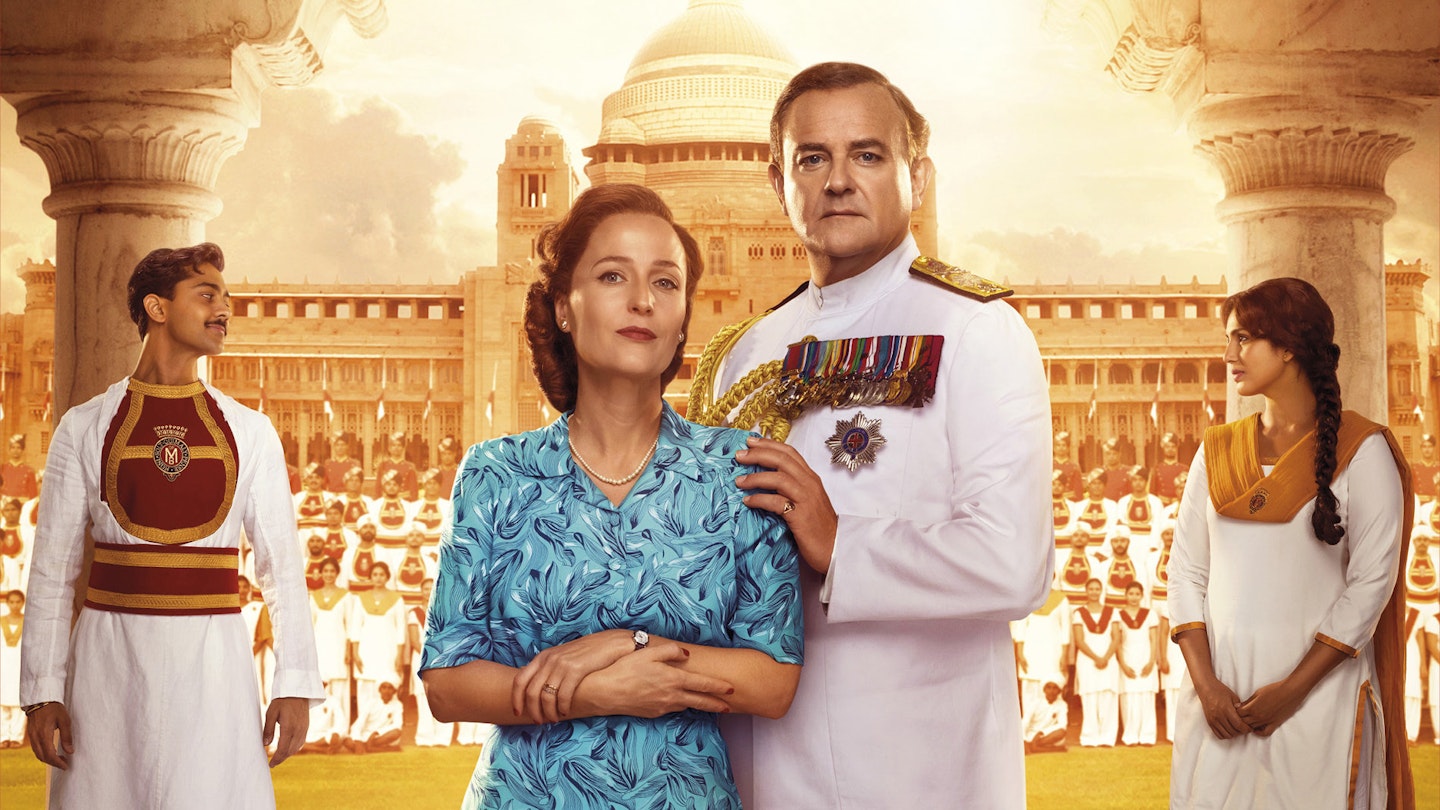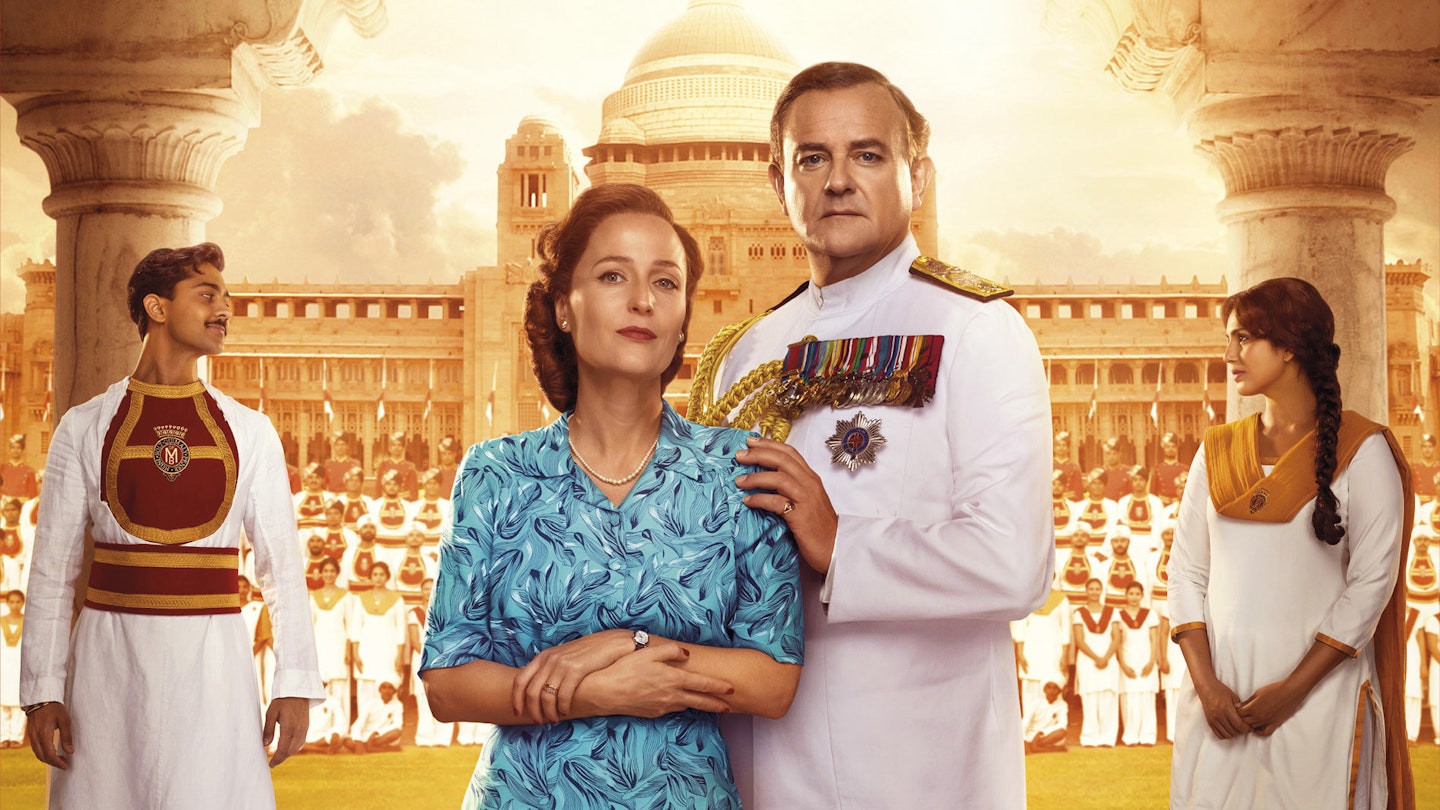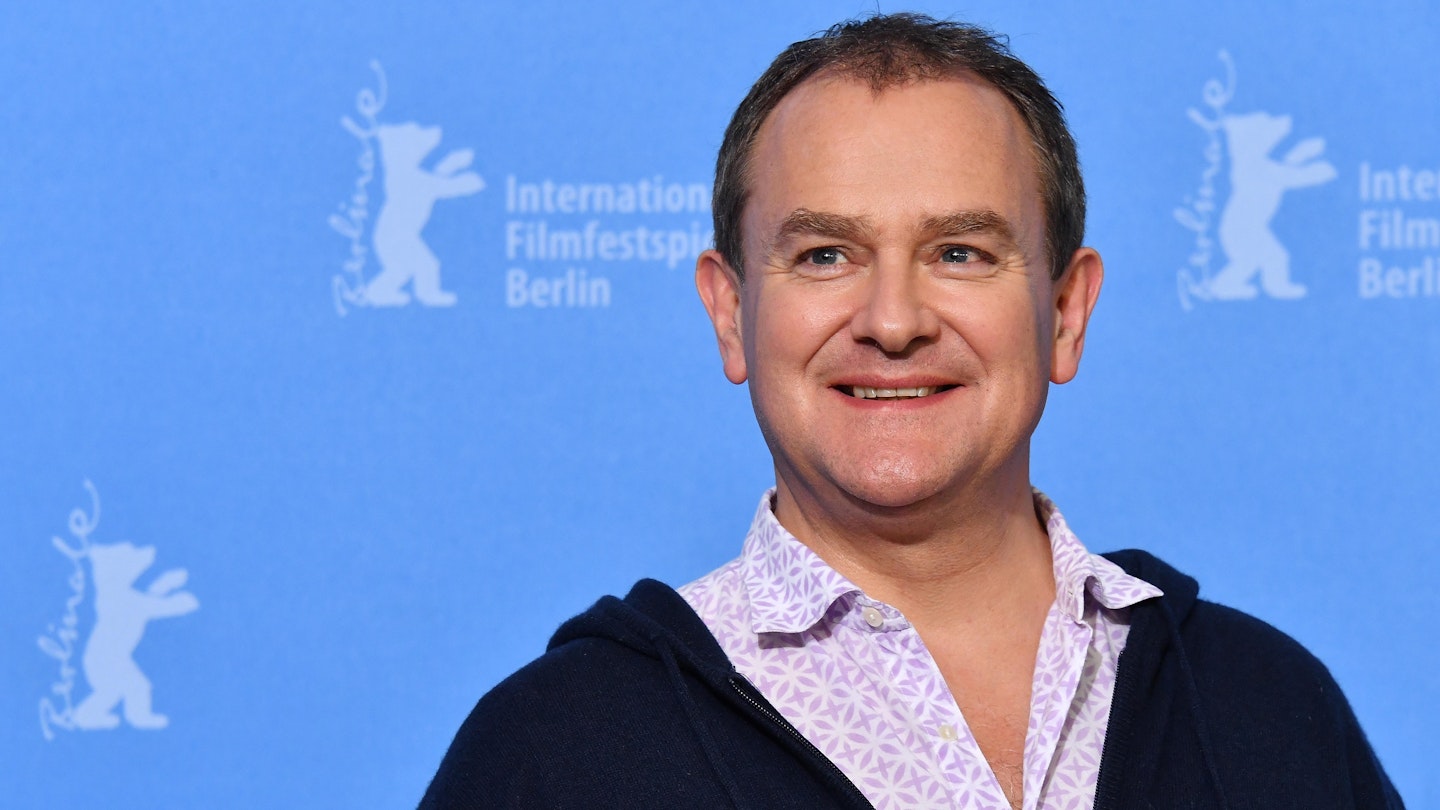There is a laudable intention at the heart of Gurinder Chadha’s end-of-Empire drama: to count the human cost of the Partition of India in 1947 through the prism of the Viceroy’s House, the sumptuous Delhi home of the country’s British rulers. Inspired by appearing on an episode of the BBC’s Who Do You Think You Are, Chadha, along with co-writers Paul Mayeda Berges and Moira Buffini, has dramatized a shocking episode in Anglo-Indian history. Yet, arriving on the 70th anniversary of the end of Empire, her film, while entertaining, lacks the sophistication and focus to really do the subject justice. If it has the multi-perspectives absent in many Merchant-Ivory Raj dramas, it lacks their subtleties and grace.
Entertaining, but lacks the sophistication and focus to really do the subject justice.
The film divides the action into two Downton Abbey-esque halves. Upstairs, we get Mountbatten’s political machinations as he tries to come up with a strategy to let go off British rule peacefully. Chadha is alive to the political sensitivities on all sides and in portraying all the big figures (Ghandi, Nehru, Jinna) doesn’t demonise. Early on, this thread feels dramatically inert, similar scenes repeating themselves with little development, until Simon Callow’s Sir Cyril Radcliffe turns up. It was Radcliffe’s job to divide up the countries, even though he had never previously set foot in India. As the situation gets more inflamed outside the house, the machinations get more involved and engaging as the scales begin to fall from Mountbatten’s eyes.

Downstairs, the action cleaves more to a more formulaic love story between Mountbatten’s valet Jeet (Dayal) and his wife’s lady in waiting Aalia (Huma). While the leads are likable, the movie doesn’t work hard enough to make the romance feel earned. Instead they feel like paint by numbers across-the-tracks lovers with convenient obstacles — a fiancé fighting abroad, a sick father (the ever excellent Om Puri in one of his last roles) — rather than living, breathing human beings.
Still, despite a broad quality to the storytelling, there is lots to impress in Viceroy’s House. Gillian Anderson excels as Mountbatten’s progressive wife Edwina who works hard to integrate Indian culture into a very British house — there’s a lovely scene in which the chefs complain about being told to make Indian dishes after years of learning English cuisine — and provides a more political stance on things than her military trained husband. Also to mark the human traumas, Chadha makes a compelling use of startling newsreel footage of the riots and their aftermath as a way to demonstrate the ramifications of the words being uttered in opulent drawing rooms. It’s powerful stuff. Just a shame much of the fictionalised drama doesn’t live up to it.


